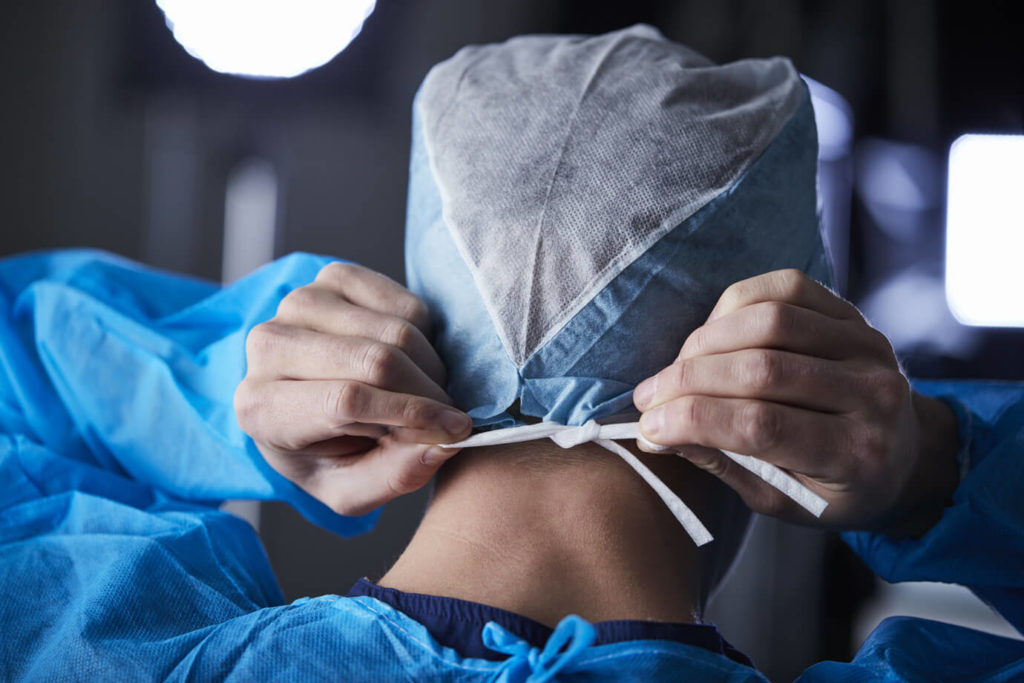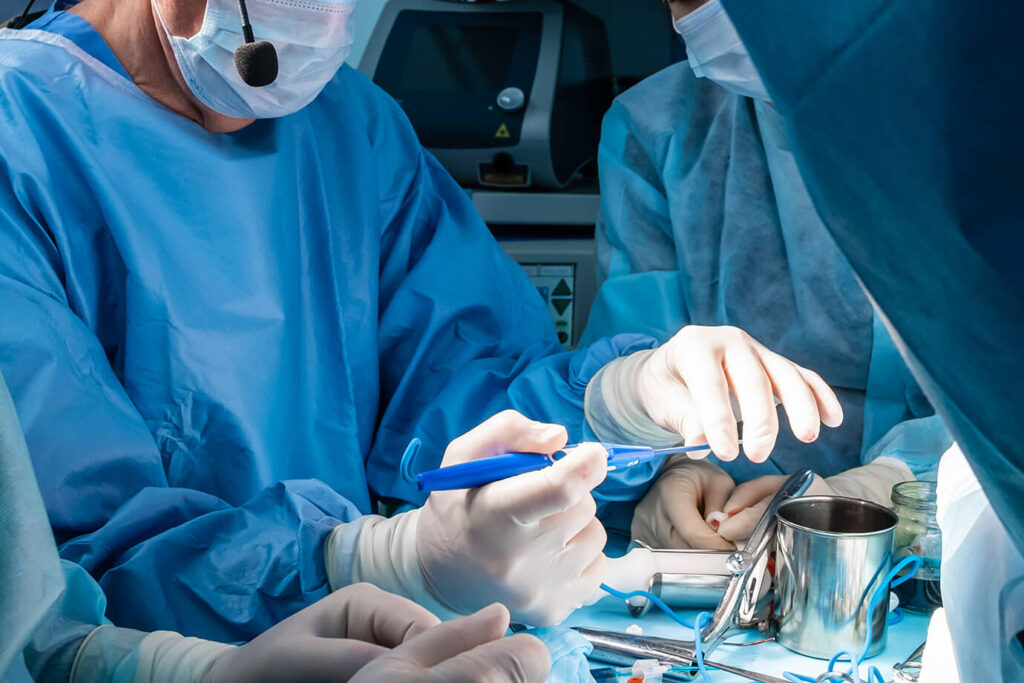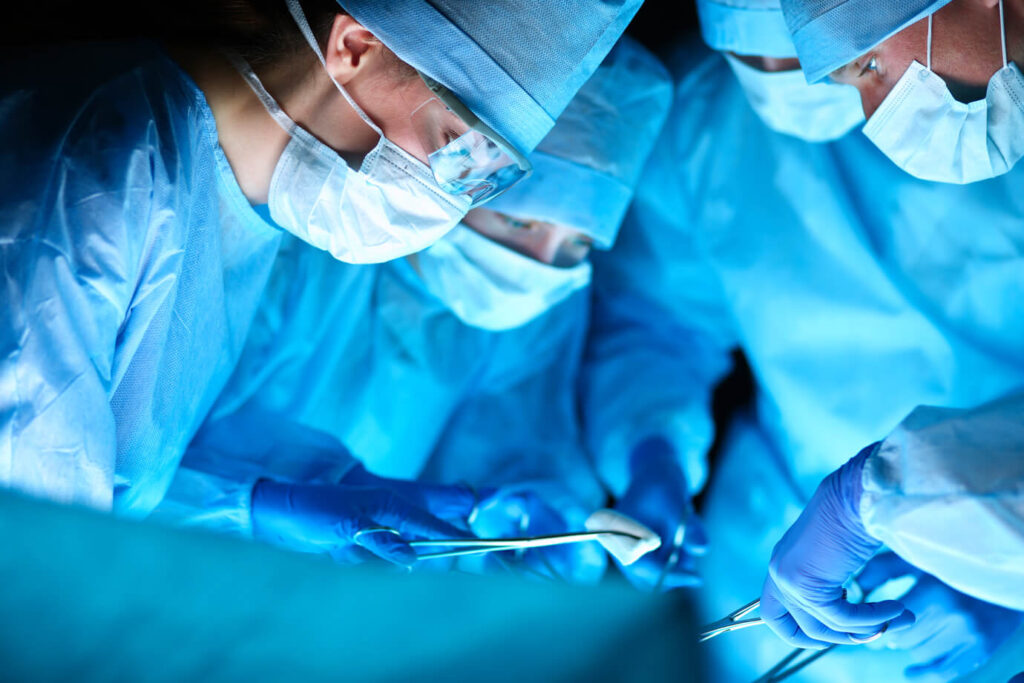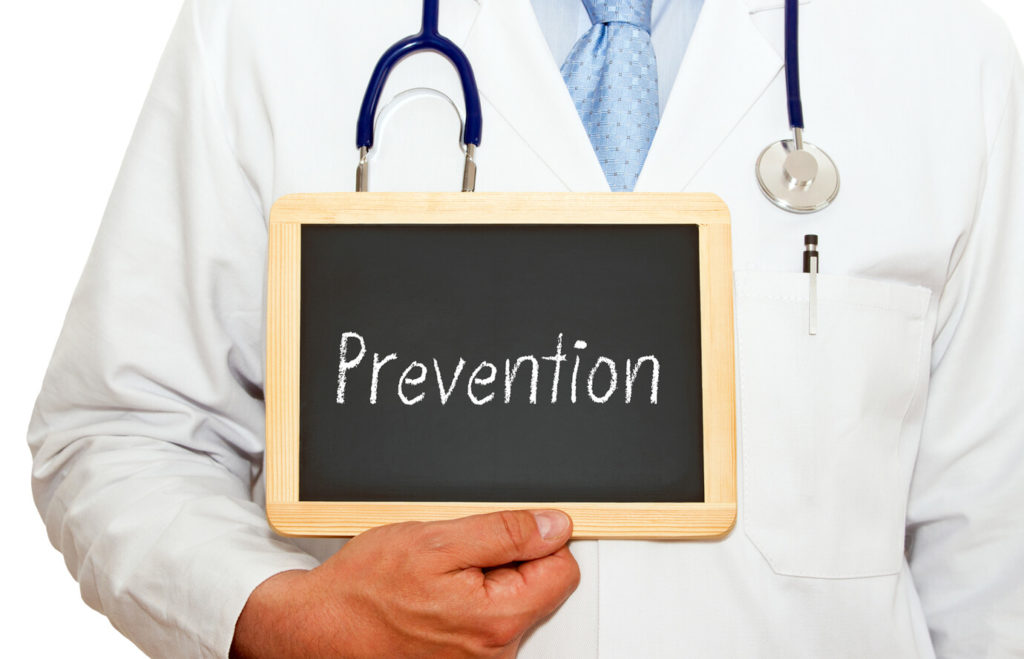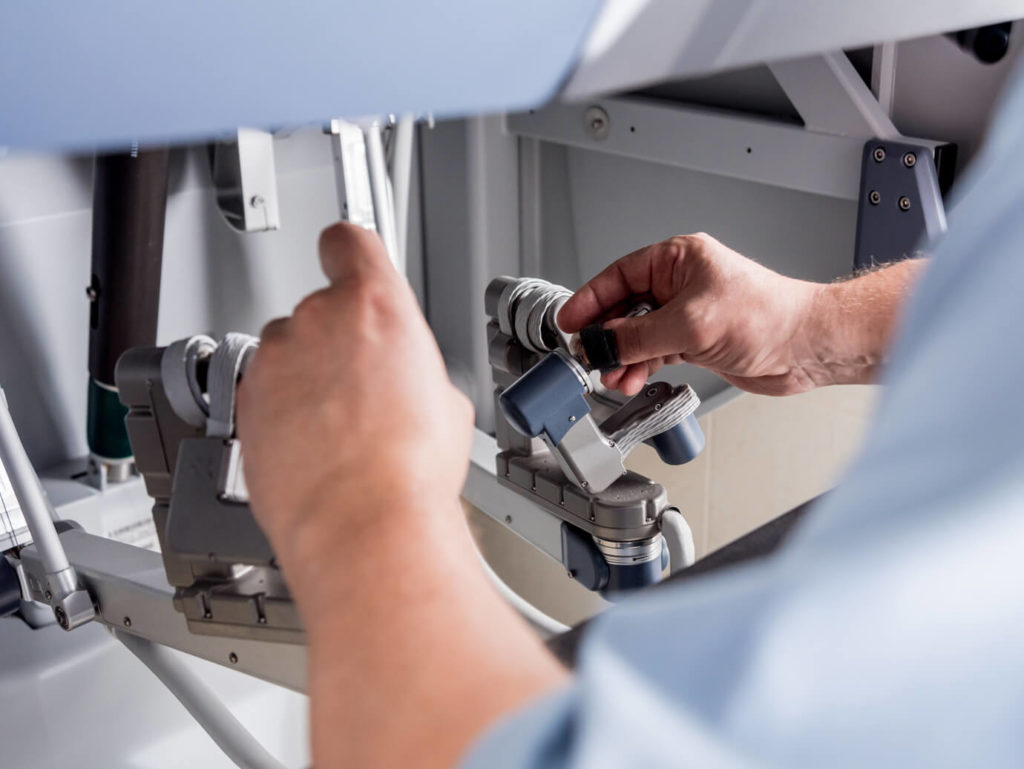Surgical Associates of Corpus Christi
What is a “colon” and why would it need to be removed?
Your digestive system consists of multiple organs that interact with an approximately 20-foot “tube” that starts at the mouth and ends at the anus. It’s job is to break food in smaller pieces, add enzymes to further break down into its chemical parts and absorb the nutrients. Water is added at the beginning and removed in the colon. The colon is the last 4-5 feet (of this tube) that is important in removing the water and making formed stool. This stool is mainly bacteria that has eaten the left over food your body did not absorb.
The colon can become diseased with a multitude of issues including Crohn’s disease, Ulcerative Colitis, colon cancer, colitis, and diverticulitis (inflammation of outpouchings in the wall of the colon). Some of these can be managed with various ways but at times surgery to remove some (and rarely all) of the colon is necessary.
Symptoms
There may be no symptoms, which is why screening (colonoscopy) is essential. Symptoms may include abdominal cramps, constipation, diarrhea, loss of appetite, nausea, fever, chills, weight loss, or bleeding.
Diagnosis / Tests
Physical exam, computerized tomography (CT) scan, blood tests, colonoscopy, magnetic resonance imaging (MRI), and EGD are commonly performed.
Surgical and Non-surgical management / treatment.
Surgical procedures include open and laparoscopic/robotic colectomy (resection of the colon).
A open colectomy is where a traditional larger single incision is made, the section of the diseased colon is removed and the remaining colon on either side of the resected portion is sewn or stapled together in what is referred to as an “anastomosis”. If the colon cannot be sewn back together, the proximal portion of colon is brought up through the abdominal wall to form a colostomy (usually temporary).
Lapraroscopic/robotic colectomy is where a segment of colon is resected using long instruments and a camera introduced into the abdomen with multiple small incisions.
Non-surgical management of disease of the colon included treatment with antibiotics, steroids, or drugs that affect the immune system. A gastroenterologist is usually involved in chronic medical management.
Benefits / Risks of Surgery
Benefits of the surgery include removal of a cancerous or diseased colon to relieve symptoms and/or reduce your risk of dying from cancer. If you choose not to have surgery, your symptoms may worsen or cancer may spread.
Risks of surgery include leakage of the colon, infection, and damage to adjacent organs, the development of a hernia, pneumonia, and heart complications. Your surgeon has trained extensively to decrease such risks for your care. Following the post-operative instructions give you the best opportunity to have a successful recovery.
What to expect
Your surgeon will need to order blood work and you will be expected not to consume liquids/food for 8 hours prior to the procedure. Preoperatively, you will be introduced to the anesthesia doctor and the operating room team. A preoperative nurse will place an intravenous line and start giving you fluids and medication along with asking pertinent questions. You will be wheeled into a the operating room and receive general anesthesia. After the surgery you will awakened in a recovery suite and then be sent to a room for your postoperative care.
Post-Operative Care
Intestinal surgery can be complex and you will be required to tolerate a regular diet, remain without fever, and manage postoperative discomfort with the provided medication prior to hospital discharge. A bowel surgery is complicated and requires that you are eating, without fever, and able to tolerate daily life activities (criteria for discharge). This process can take a few days to more than a week depending on your body and reason for the surgery. Initially after a surgery, your bowel will “go asleep” and not function due to the effects of the surgery and medications given.
Anesthesia can make you nauseated and you may experience difficulty with memory or feeling different. Your postoperative pain will be managed by medications initially given in the IV and later with pills following the return of bowel function. It is important to ask for help from your nurses when you need to get out of bed. Your diet will be advanced by your surgeon/medical team and you will be asked to walk and sit in a chair for the next days while your bowels are recovering and “waking up”. Feeling tired (lethargy) is normal for weeks after the surgery.
You will usually be discharged as soon as you meet the criteria. You may be able to resume most normal activities in 1-2 weeks but we ask you not to lift anything heavier than a gallon of milk (approx. 10 lbs) for 4-6 weeks after surgery. A multivitamin and high protein diet helps with wound healing and lethargy.
Call your surgeon if you develop severe pain, stomach cramping, a high fever (over 101 F.), odor or increased drainage from incision, no bowel movements for 3 days, or vomiting and inability to keep down fluids.
For more information
https://www.facs.org/-/media/files/education/patient-ed/colectomy.ashx?la=en
